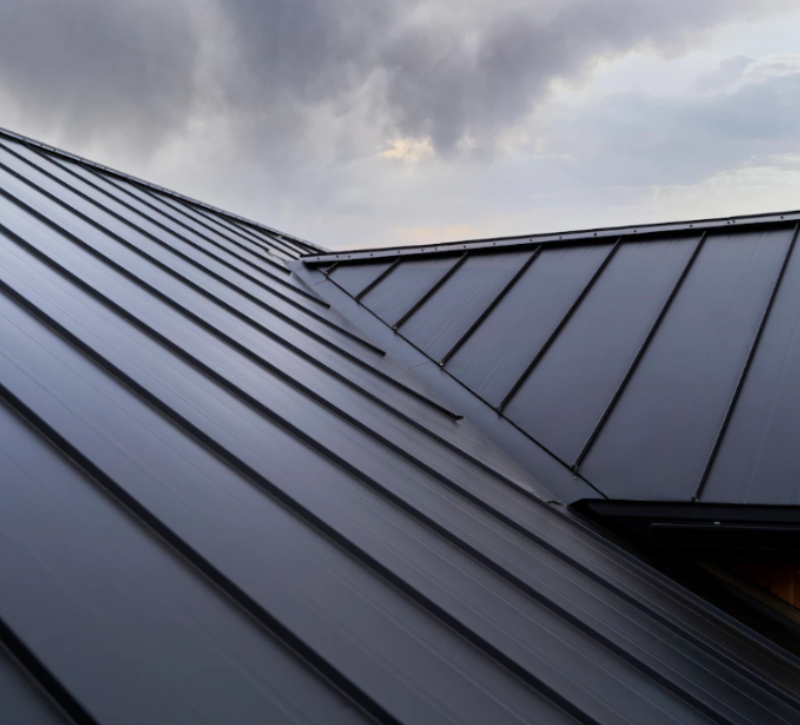
The Basics of Metal Roofing Dimensions

If you’re considering a metal roof for your home, it’s important to understand the basics of metal roofing dimensions. Knowing the size and weight of your roof will help you select the right materials and calculate the cost of your project. Let’s take a look at some common metal roofing measurements and how they impact your construction project.
Metal Roofing width
When selecting 29 gauge metal roofing, it's important to consider the thickness as this is expressed in gauges. The gauge number of metal panels indicates the thickness, with a lower gauge number representing thicker metal and a higher gauge number representing thinner metal. Corrugated galvanized steel roof panels include 18, 20, 22, 24 and 26 gauge.
16 foot corrugated metal roofing is an excellent choice for any project requiring long-lasting durability and resilience. This type of roofing is designed to be suitable for industrial, agricultural and commercial buildings. It has been designed with strong reliable panels that bond together to create a secure weatherproof cover.
Weight Considerations
The weight of a metal roof is also an important factor to consider when planning your project. Steel panels typically weigh between 50-100 pounds per square foot depending on their thickness, while aluminium panels are lighter at around 20-50 pounds per square foot. The total weight of the roof can vary depending on the material used. Still, it’s important to know how much weight your structure can safely support before selecting any materials or building techniques.
Installation Options
When installing a metal roof, there are several different options available to you. You can choose from pre-formed panels that can be nailed down directly onto existing decking or shingles, or opt for batten systems which use horizontal strips (called battens) that run across the length of the roof and provide support for individual sheets of metal that are then attached via clips or nails. There are advantages and disadvantages associated with each option and it’s important to do some research before deciding which one is best for your needs.
For commercial and industrial segments, galvanized steel corrugated roof panel 14 ft are an affordable yet robust option for a wide range of structures such as warehouses, factories, and even agricultural buildings. Metal roofs offer many benefits including durability, energy efficiency, and lower maintenance requirements compared to traditional shingle roofs. When selecting materials and planning installation techniques for your project, keep in mind common metal roofing dimensions such as widths, lengths, weights, and installation options to ensure you get exactly what you need for a successful build. With careful consideration given to these factors beforehand, you'll be sure to create a beautiful new home addition that lasts for years!
 Rated Excellent
Rated Excellent